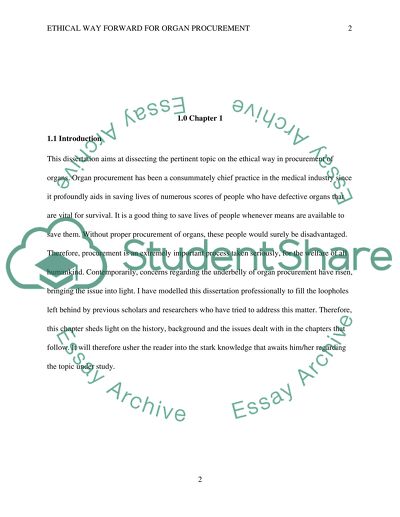Cite this document
(“The Ethical Way Forward for Procurement of Organs Dissertation - 1”, n.d.)
Retrieved from https://studentshare.org/law/1396563-the-ethical-way-forward-for-procurement-of-organs
Retrieved from https://studentshare.org/law/1396563-the-ethical-way-forward-for-procurement-of-organs
(The Ethical Way Forward for Procurement of Organs Dissertation - 1)
https://studentshare.org/law/1396563-the-ethical-way-forward-for-procurement-of-organs.
https://studentshare.org/law/1396563-the-ethical-way-forward-for-procurement-of-organs.
“The Ethical Way Forward for Procurement of Organs Dissertation - 1”, n.d. https://studentshare.org/law/1396563-the-ethical-way-forward-for-procurement-of-organs.


